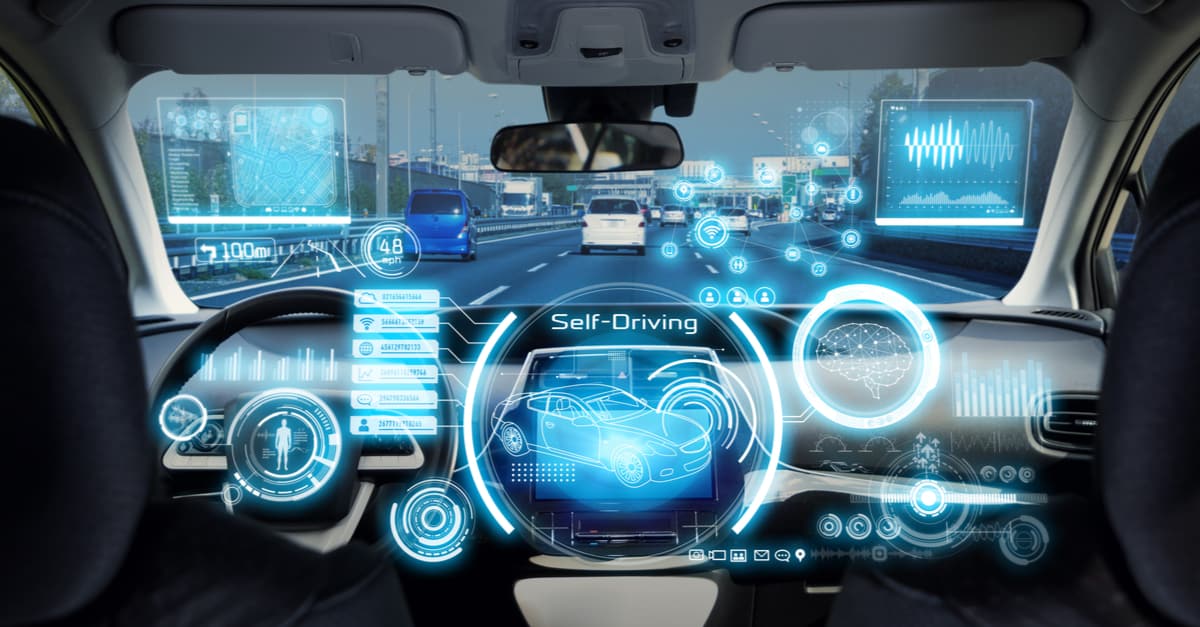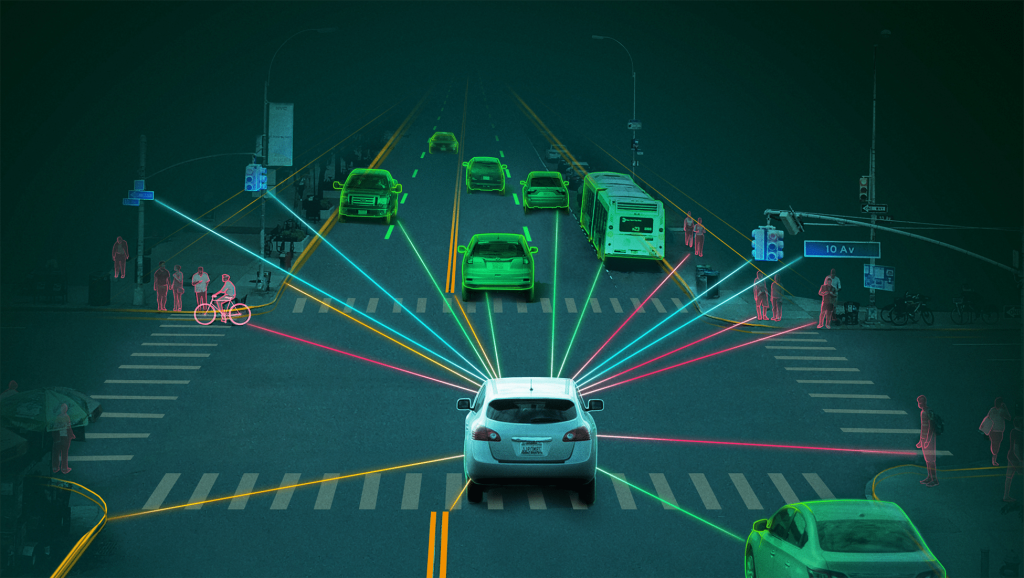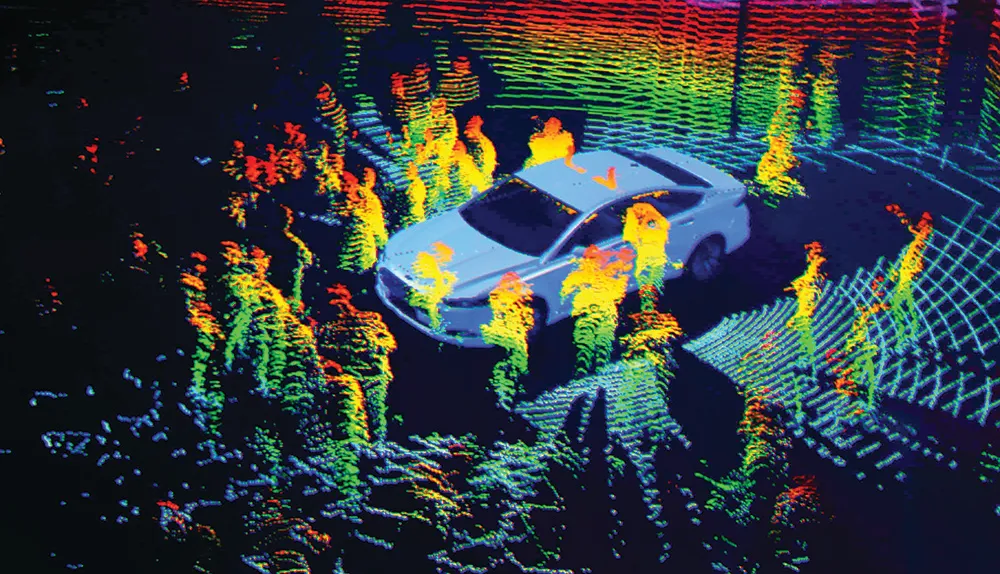Autonomous and highly automated vehicles (AVs) promise to enhance safety, reduce emissions, and improve transportation system efficiency and reliability. The growing demand for AVs is shaping the future of the automotive industry by transforming the in-vehicle experience and paving the way for large-scale implementation of autonomous and assisted driving. This workshop explores new technologies for resilient, high-precision positioning and navigation for safety-critical applications that expand the present GNSS technologies and enable the processing of a broader range of complementary sensors, wireless communication technologies and satellite-based navigation systems on a single platform.
Future AVs’ positioning, guidance, and control technologies are rapidly advancing. They require onboard intelligence relying on a suite of sensors and systems such as global navigation satellite systems (GNSS) receivers, mmWave wireless technology (5G/6G), vehicle motion sensors and remote sensing systems including cameras, light detection and ranging (LiDAR) and radar. AVs that can sense the environment and navigate without human input require robust advanced positioning, navigation, and guidance for efficient operation in all environments and weather conditions. The availability of the above sensors and systems in future AVs provides an attractive opportunity to advance the robustness and safety of autonomous driving. This workshop welcomes original contributions discussing new methods mitigating GNSS vulnerabilities to push the boundaries of resilient navigation and exploring innovative capabilities toward non-GNSS-based PNT solutions and how they can augment or replace GNSS. This workshop will also seek original contributions covering advanced topics related to the state of the art and future trends of positioning and mapping as well as control and guidance technologies for autonomous vehicles and future self-driving.



